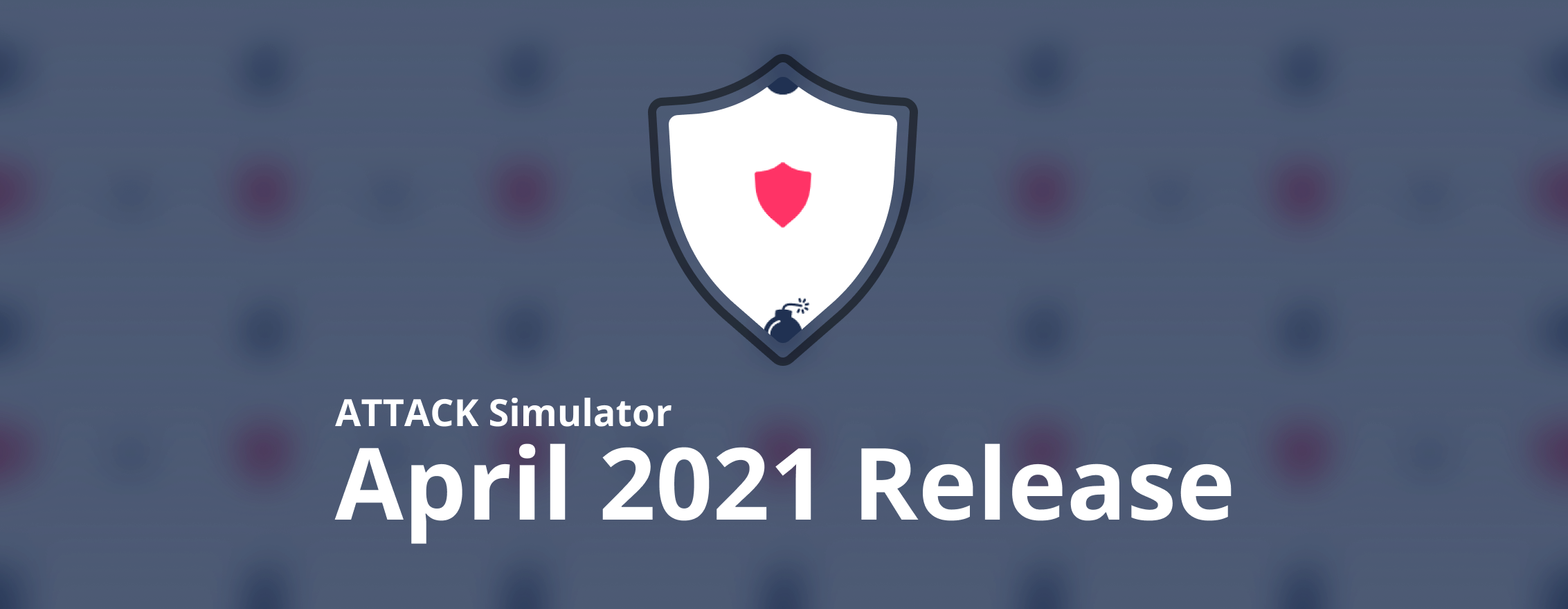
Should I use a VPN when working from home?
Table of Contents
What's a VPN?
A VPN, short for virtual private network, is designed to establish a secure connection to other networks via the Internet—picture VPNs as a safe, encrypted tunnel for online traffic to flow. Nobody can see through the tunnel or read your data. VPNs give you peace of mind every time you use public Wi-Fis, access business accounts on the road, or want to keep your browsing history private. It can also help you access restricted websites from different regions and stay anonymous when browsing. While it was initially designed to help businesses connect securely, a VPN is essential nowadays if you want to protect your data while browsing. It’s very affordable too.
Do I need a VPN?
Advantages of using a VPN
How to use a VPN?
Using a VPN is as easy as installing it and going through the setup process. With all the great solutions out there, the hardest part is picking the right one for you or your business. We’ve gone out and tested the best ones and found two clear winners.
NordVPN is a service for home users, so it does cover a pretty good bandwidth. You can use it for streaming, privacy on the go, block malware and ads, protect your data, and more.
OpenVPN, being an open-source solution, promotes “security through transparency.” It uses the public Internet to create a secure, isolated, and economical connection. It diminishes security risks by blocking unauthorized access to specific network resources while giving remote access to internal services to increase productivity. Wi-Fi and other public access networks are always encrypted with OpenVPN, assuring enhanced privacy. It can be used individually or within a large business and adapted to the desired requirements as you see fit.
Buy NordVPN’s 2-year deal at 68% off, get an extra plan on top
Your content goes here. Edit or remove this text inline or in the module Content settings. You can also style every aspect of this content in the module Design settings and even apply custom CSS to this text in the module Advanced settings.

“To a wardriver, an apartment block in a nice part of town now represents dozens of opportunities to access the data of residents working from home with potentially valuable data,” Migliano@Top10VPN.com, agrees. “Again, anyone using a VPN would be protected in such a scenario.”




